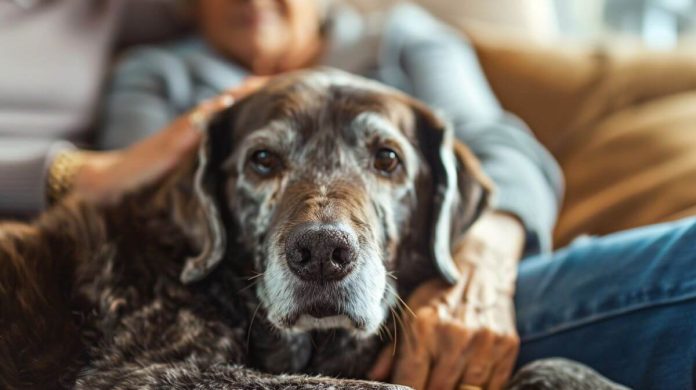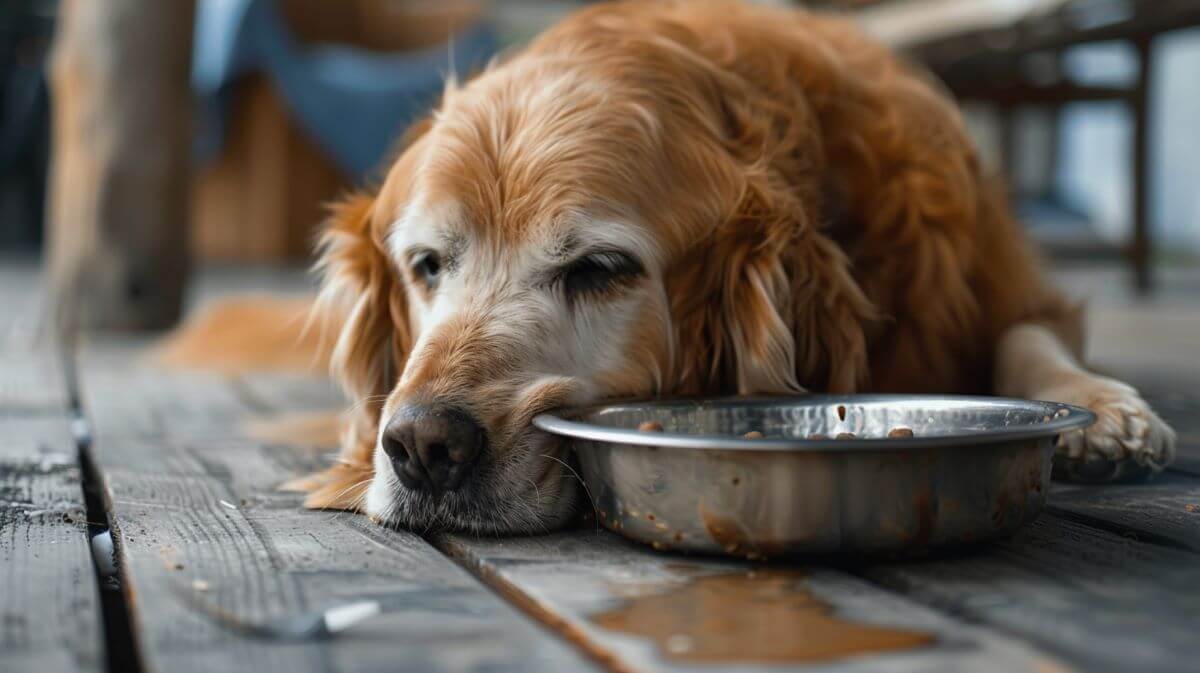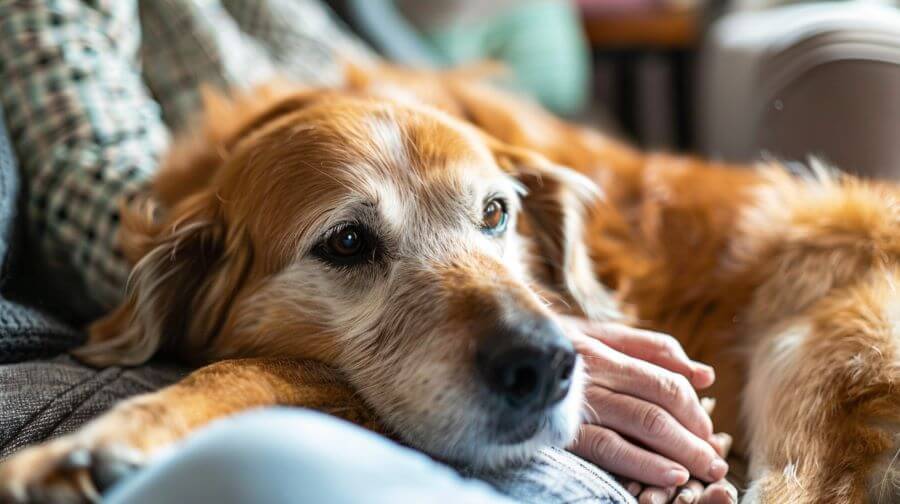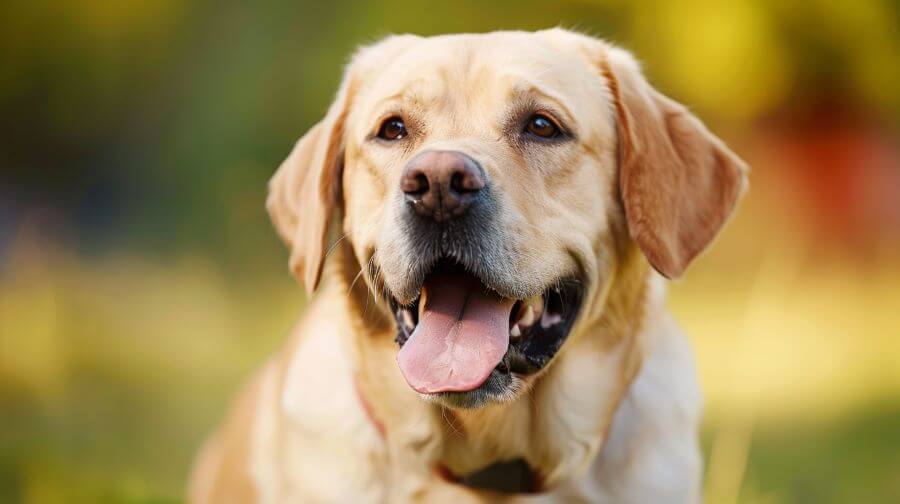
Contents
Last Updated on 29th May 2024
Bringing a dog into your household is one of the most emotionally fulfilling things you can do – outside, of course, of raising a child of your own. Dogs instantly become members of the family in their own right, imprinting their personality onto the home the moment they come through the door; the experiences we share with them will last a lifetime.
Unfortunately, as with every living and loving thing, dogs themselves do not last forever. Aging is an unavoidable process, and – though a privilege to watch your own pooch mature into their later years – it can be heart-breaking to watch walkies get that bit harder with each passing year. Looking after an older dog is a very different experience to looking after a puppy, and you may be worried about your approach to your own furry friend’s later-life experience. With this in mind, here are some simple tips to help you care for an older dog.

Alter Their Diet
For one, your dog’s constitution will change with their age. Not only will their nutritional requirements change again, but the efficacy of their digestive tract will too. For these more sensitive stomachs, switching to a sensitive dog food brand can ensure your pup continues to eat comfortably. As nutrition absorption gets harder and less efficient, you might also consider supplementing their diet to keep them on the right nutritional track.
Regular Check-Ups With The Vet
This should be a relatively obvious change, but it nonetheless bears repeating. As your dog ages, they will need to be more closely observed for the onset of medical issues or conditions. Older dogs are at higher risk of chronic injury, as well as disease or debilitating health conditions like arthritis. For this reason, increasing the frequency of your vet check-ups is a good idea, even if only to keep hold of your peace of mind!

Create A Comfortable Living Environment
As we all discover at one point or another – and often sooner than we’d like to – getting older introduces more in the way of physical challenges. Mobility gets more difficult, and particularly so in dogs with joint issues as above. As such, creating a comfortable and accessible environment at home is key. Make sure your pooch’s bowls are easily accessed, and that they can rest comfortably at various points in your home.
Gentle Exercise
Though movement and activity will get harder for your dog, this is absolutely not a reason to stop challenging your dog with exercise. Walkies is an indiscriminately good thing, and should be encouraged even on difficult days – and even if only to get them some fresh air. Gentle exercise can work wonders for mobility issues, and can keep your dog’s mind alert too.

Pain Management
Finally, it is important to acknowledge that older dogs are likely to feel pain as a result of conditions like arthritis. This is pain that you’ll find difficult to manage without medical assistance – and where regular visits to the vet will help all the more. Speak to your vet about pain management, and you can make sure your dog is comfortable whatever the weather.


































